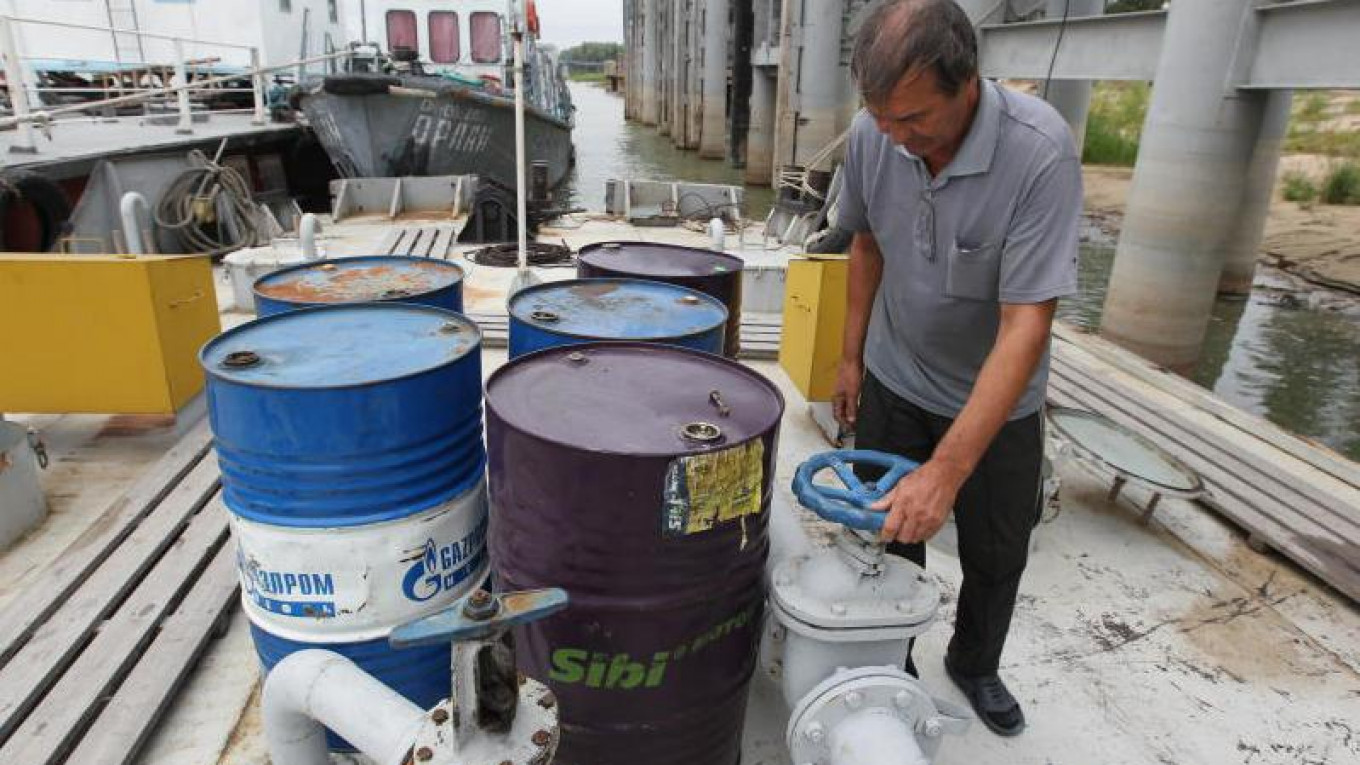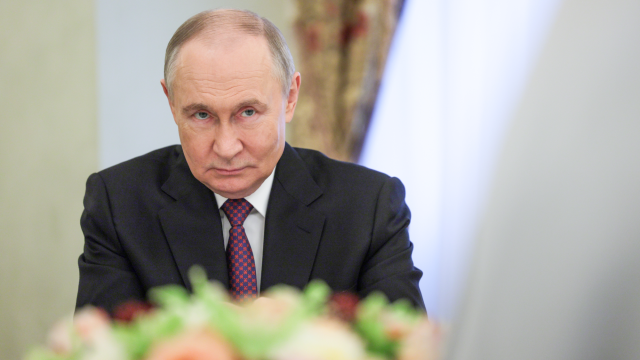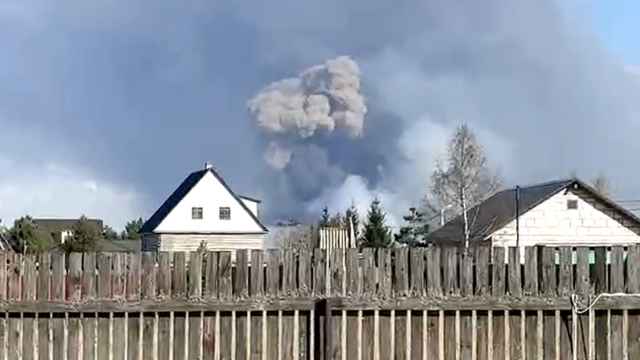Russia's Finance and Energy Ministries have reached a provisional agreement on new tax reforms for the oil industry. The proposals would see a switch from a fixed Mineral Extraction Tax (MET), where a company is taxed based on the amount of oil, gas, or other mineral extracted, to an Excess Profits Tax (EPT).
The reform will apply both to new oil fields above the 65th parallel and to any existing oil fields producing less than 10 million tons of oil per year. MET will remain in place, but will be calculated using a new formula: one which will significantly reduce the tax burden on more mature oil fields while slightly increasing it for newer ones, with some exceptions. EPT will be applied at 50 percent, but extra duties paid alongside MET will be scrapped.
Two major benefits of the new system have pushed oil companies into acceptance. Not only could older fields save upward of 40 billion rubles ($605 million) under the new formula, newer fields are also set to gain by trading customs exemptions for EPT. These exemptions have been under growing risk of being cut, even without the shift to the new system.
While the Finance Ministry wants to eliminate customs exemptions, it also wants to scrap some additional duties paid alongside MET. These duties have been falling since 2015 (although MET itself increases commensurately) and, by law, must fall by 30 percent by 2017.
Oil companies have nothing to lose in this arrangement, one consultant who took part in the discussions said.
In the meantime, officials are actively seeking ways to speed up the transition.
A Finance Ministry representative told Vedemosti that the government will compensate for the 40 billion ruble ($605 million) shortfall in revenues by increasing MET on oil fields not affected by the tax reform. The final decision could be announced as early as this fall, even if EPT is not implemented, another official said.
The Finance Ministry did not respond to requests for comment. A representative for the Energy Ministry said that the question “was under discussion.”
A Message from The Moscow Times:
Dear readers,
We are facing unprecedented challenges. Russia's Prosecutor General's Office has designated The Moscow Times as an "undesirable" organization, criminalizing our work and putting our staff at risk of prosecution. This follows our earlier unjust labeling as a "foreign agent."
These actions are direct attempts to silence independent journalism in Russia. The authorities claim our work "discredits the decisions of the Russian leadership." We see things differently: we strive to provide accurate, unbiased reporting on Russia.
We, the journalists of The Moscow Times, refuse to be silenced. But to continue our work, we need your help.
Your support, no matter how small, makes a world of difference. If you can, please support us monthly starting from just $2. It's quick to set up, and every contribution makes a significant impact.
By supporting The Moscow Times, you're defending open, independent journalism in the face of repression. Thank you for standing with us.
Remind me later.






